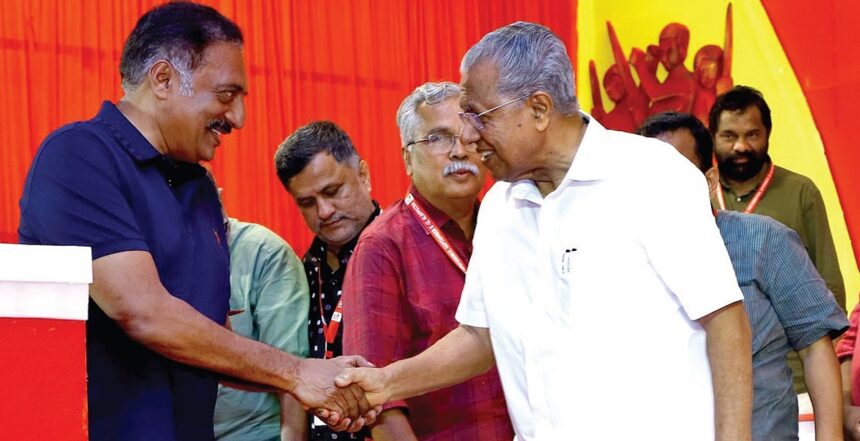In Thiruvananthapuram, the Left Democratic Front (LDF) government is facing criticism from one of its key allies, the Communist Party of India (CPI), over alleged mismanagement and financial missteps concerning Kerala State Cooperative Enterprise Limited (Supplyco). The CPI, which holds the food and civil supplies portfolio in the state government, has claimed that the distribution of essential commodities at subsidized prices for nearly a decade has placed an undue burden on Supplyco.
During its state conference held this week, the CPI presented a political report that alleged that the LDF government’s failure to raise prices of these essential commodities since 2016 and until May 2024 had led to the current financial crisis at Supplyco. According to the report, the company owes Rs 1,767.57 crore to the state government, a debt that has further exacerbated Supplyco’s precarious financial situation.
The CPI’s criticism comes amidst ongoing debates on the future of secularism and federalism in India, a topic that has been a central focus of discussions at the University of Kerala and various political platforms. The allegations against the state government could potentially impact the broader political landscape in Kerala, where the LDF and United Democratic Front (UDF) have traditionally been locked in a power struggle.
Chief Minister Pinarayi Vijayan, in his response to the CPI’s criticism, has maintained that the state government is committed to addressing Supplyco’s financial issues and ensuring the welfare of its employees and customers. However, this recent development could strain relations within the LDF coalition and provide ammunition for the opposition UDF in their efforts to challenge the ruling party ahead of the 2026 state elections.
As the political drama unfolds in Kerala, the Goods and Services Tax (GST) Council will be closely monitoring the situation, as any financial mismanagement or impropriety could potentially impact the state’s fiscal health and its compliance with GST regulations. The people of Kerala eagerly await resolutions to this ongoing saga and look towards their leaders for signs of accountability, transparency, and effective governance.











